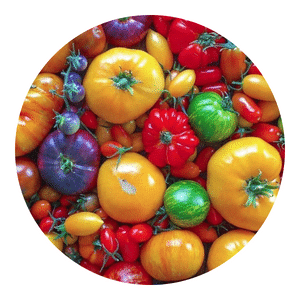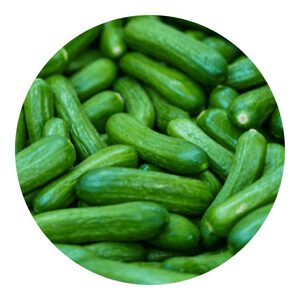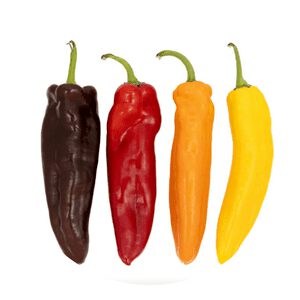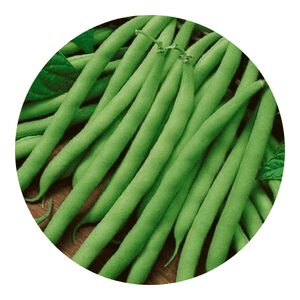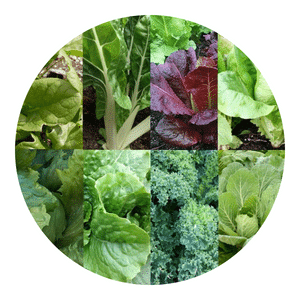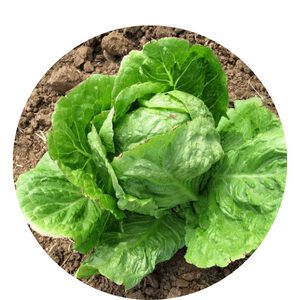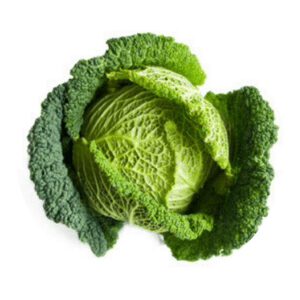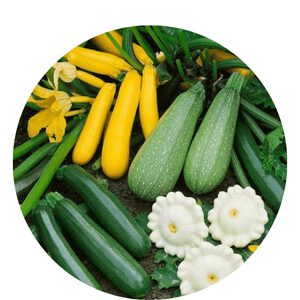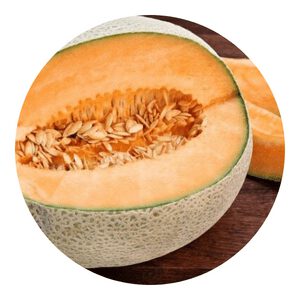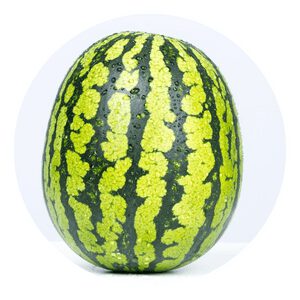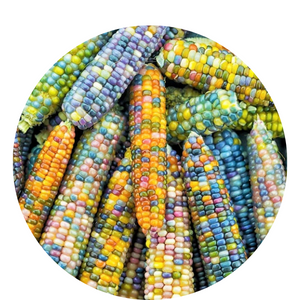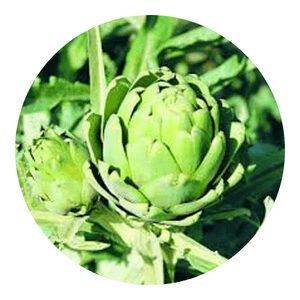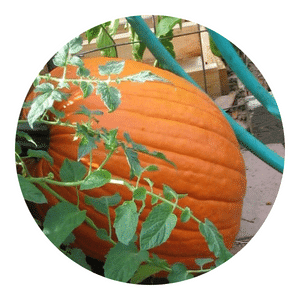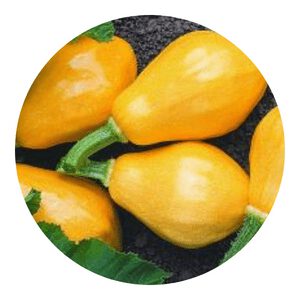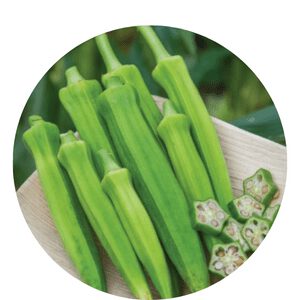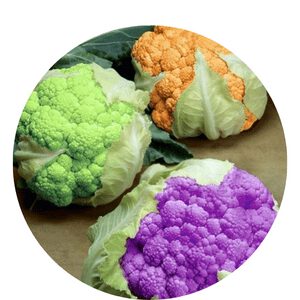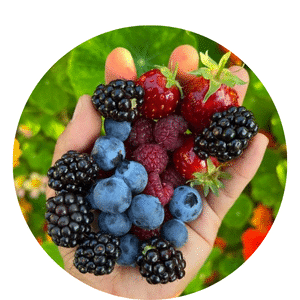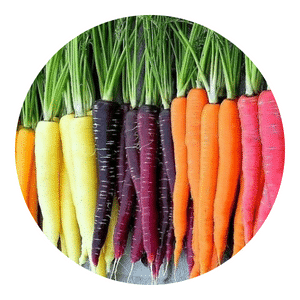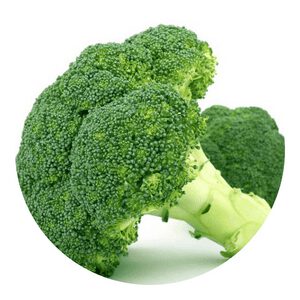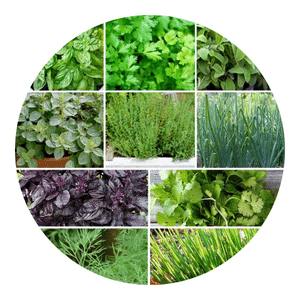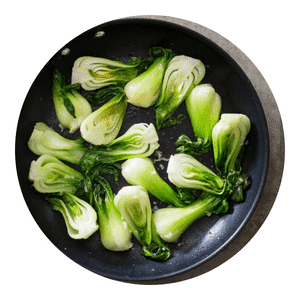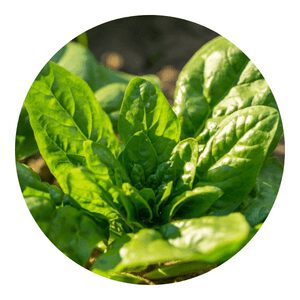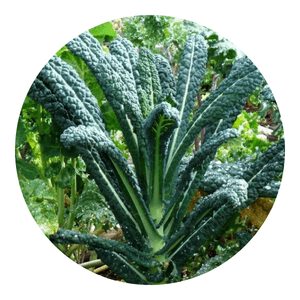Onion Seeds
From the sweet and succulent Vidalia onion, to the pungent and spicy Texas sweet onion, our collection includes a variety of unique and flavorful onions to suit any taste preference.
Each onion is carefully packed and delivered to your doorstep, ready to be planted and cultivated into a bountiful harvest of delicious and nutritious produce.
Transform your garden and culinary experiences with our exceptional collection of organic onions today!
-
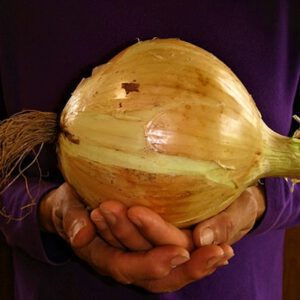
Onion Seeds Ailsa Craig Exhibition
$8 Add to cart -
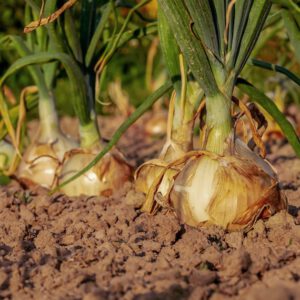
Yellow Onion Organic Seeds
$6 Add to cart -
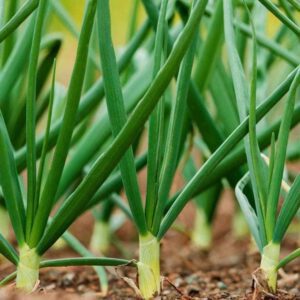
Tokyo Long Bunching Green Onion Seeds
Rated 5.00 out of 5$7 – $14 Select options This product has multiple variants. The options may be chosen on the product page -
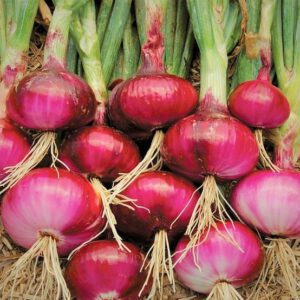
Ruby Red Onion Seeds
Rated 5.00 out of 5$7 – $17 Select options This product has multiple variants. The options may be chosen on the product page -
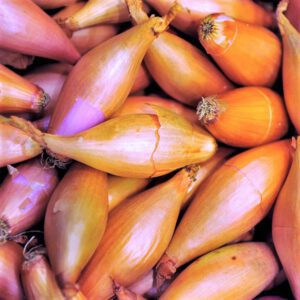
Monique French Pink Shallot Sets (Bulbs)
Rated 5.00 out of 5$18 – $95 Select options This product has multiple variants. The options may be chosen on the product page -
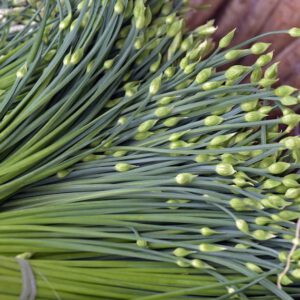
Chinese Garlic Chives Seeds
Rated 5.00 out of 5$7 – $16 Select options This product has multiple variants. The options may be chosen on the product page -
Sale!
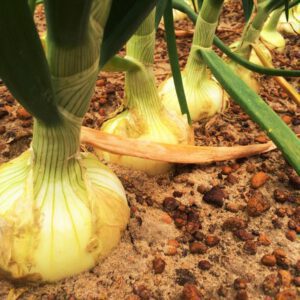
Vidalia Onion Seeds
$7 – $15 Select options This product has multiple variants. The options may be chosen on the product page -
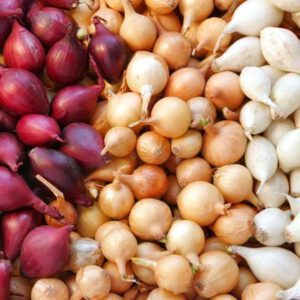
3 Colors Mix Onion Sets (Bulbs)
$16 – $112 Select options This product has multiple variants. The options may be chosen on the product page -
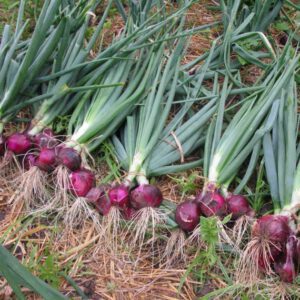
Red Onion
$5 Add to cart -
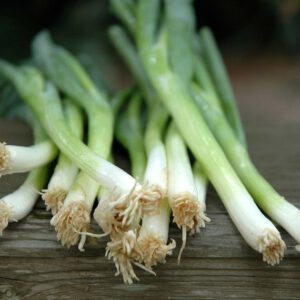
Organic Scallion
$5 Add to cart
Organic Onions FAQ
Planting onion bulbs is a great way to ensure a plentiful harvest and provide fresh onions for cooking all season long.
But to ensure that your crop succeeds, it’s important to know the best time of year to plant onion bulbs.
There are several factors that should be taken into consideration when planting onions, but knowing when to plant them is the first step in ensuring their successful growth.
When selecting the best time for planting onion bulbs, consider your local climate and weather patterns.
Varieties such as yellow storage onions do well in cool climates with shorter days and longer nights, while intermediate day length varieties like sweet Spanish types do better in warmer climates.
In most cases, soil temperatures should be at least 45 degrees Fahrenheit before planting begins.
Early spring or fall are usually ideal times for beginning an onion crop as both seasons have cooler temperatures and more consistent rainfall than summer months.
Onion bulbs are a staple in many home gardens, and planting them correctly is essential for producing a healthy harvest.
Knowing the right depth to plant onion bulbs can be tricky – too shallow and they might not form properly, while too deep can cause them to rot.
Home gardeners should consider several factors when determining how deep to plant onion bulbs.
The size of the onion bulb is a major factor: larger bulbs will require more soil coverage than smaller ones.
Generally speaking, small onions should be planted about one inch below the surface of the soil, while large varieties should be inserted two inches deep or more.
Additionally, sandy soils may require deeper planting for better stability and drainage, as these soils tend to dry out faster than other types of soil.
Onions are an essential kitchen staple, adding flavor to all kinds of dishes.
As a result, it’s important to know how to care for your onion bulbs properly.
The most important step in caring for onion bulbs is proper storage.
Onions should be stored in cool, dark, and dry locations with good air circulation.
If possible, aim for 55-60 degrees Fahrenheit with 65-70 percent humidity levels.
It’s best to store your onions away from other fruits or vegetables because moisture and ethylene gas will cause them to rot quickly.
Additionally, make sure that the bulb remains intact and free from bruises or damage when being handled as this can also cause rapid spoilage.
Onion bulbs are the underground storage organs of onions, and they can be used to grow new onions.
But not all onion bulbs are created equal – those bought from a grocery store may not have the same results as those harvested from a garden.
When purchasing an onion bulb in-store, it’s important to make sure that they are still intact and haven’t started sprouting yet.
A sprouted bulb is unlikely to produce more than one onion due to its growth being stunted by the lack of nutrients available in a store-bought environment.
Additionally, some store-bought onions may have been treated with chemicals that prevent them from growing successfully when replanted.
Onions are an essential vegetable for many dishes and growing them at home is a great way to get fresh produce all season long.
But when it comes to deciding whether it’s better to start onions from bulbs or transplants, there are some things to consider.
One of the main benefits of starting onions from bulbs is that they require minimal maintenance.
The bulbs can be planted simply in the soil and will begin to grow without much effort or watering required on the gardener’s part.
However, depending on the variety you choose, bulb-started onions may need extra protection from cooler weather as they are not as hardy as other vegetables like tomatoes or peppers.
Transplanting onions is also a viable option for gardeners who want a quicker harvest time with less work upfront.
Harvesting and storing onions is an important skill for any home gardener.
Onions are easy to grow, but require special care when it comes to harvesting and storage.
The best time to harvest onions is once the tops have fallen over naturally, signaling that the bulb has matured.
Carefully dig around the base of each plant with a garden fork or trowel to loosen the soil before gently lifting out each bulb.
To prevent damage, be sure to handle them carefully when removing them from the ground. Once harvested, leave them in a warm location for several days until their skin turns papery and dry.
Click To Grow
Helps Us Grow – Share If You Like

